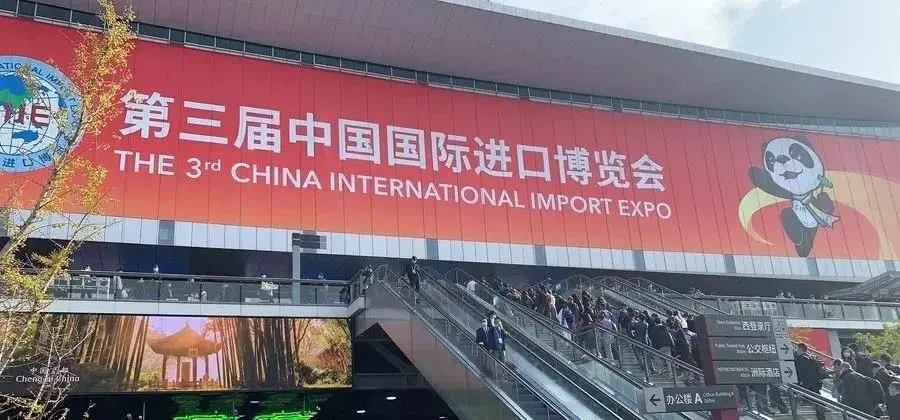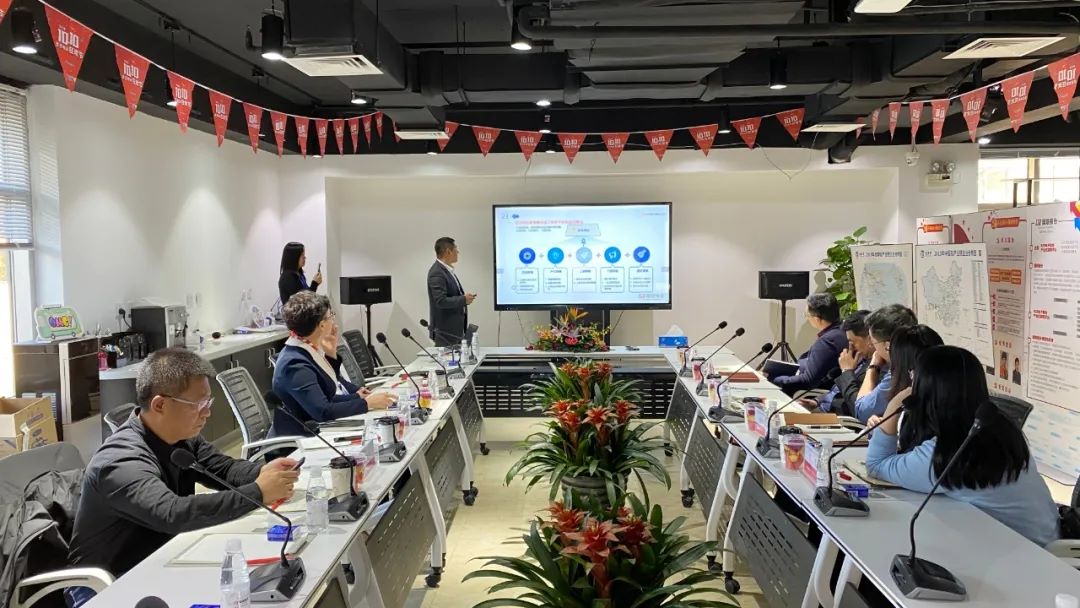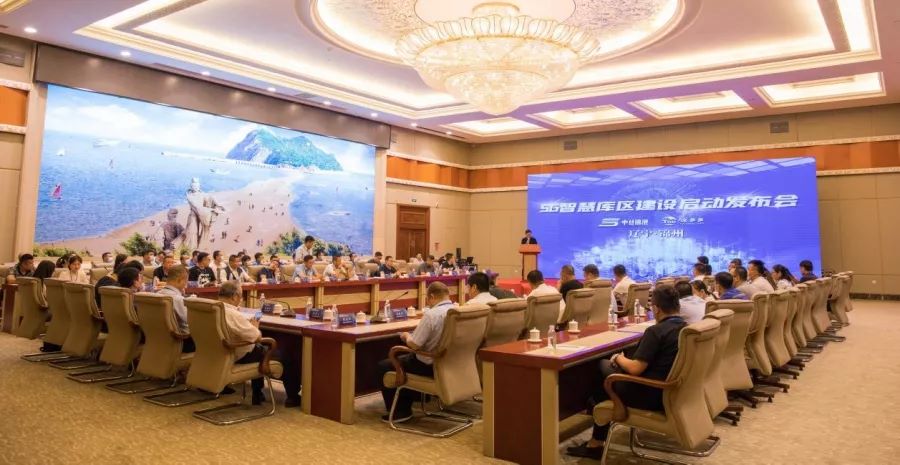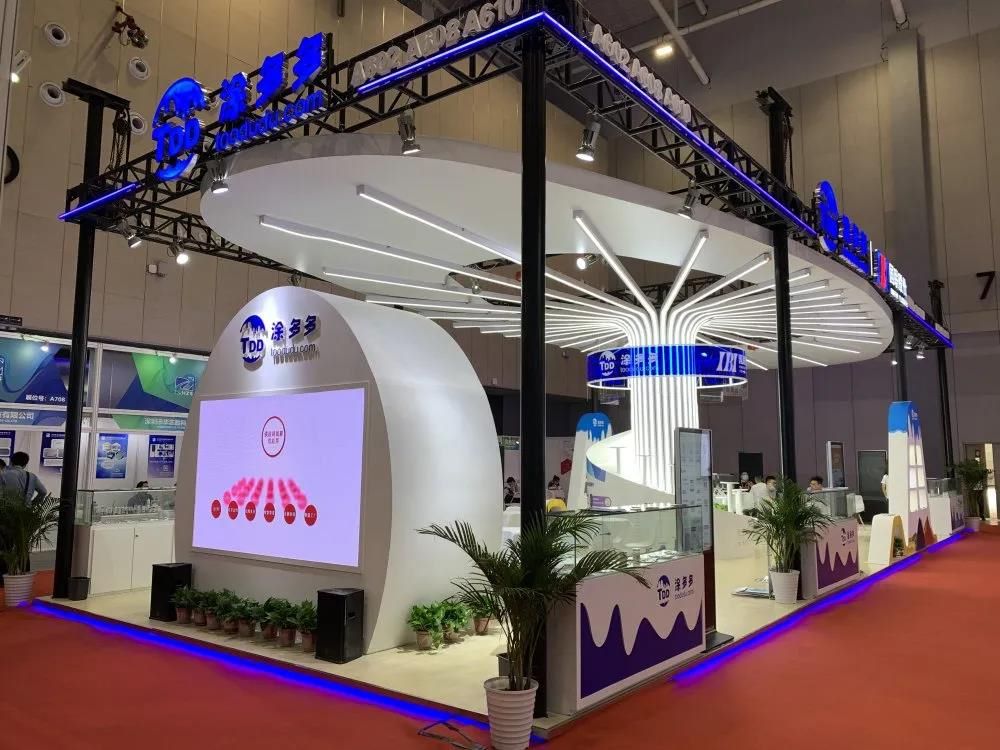Tire companies expand capacity in India
In recent years, the global tire market has changed rapidly, and major tire companies have adjusted their strategic layouts. Among them, the Indian market is becoming a battleground. As one of the giants in the tire industry, Continental's capacity adjustment in India has attracted much attention.
Following the increase in tire production capacity in Thailand in 2024 and the plan to close the Malaysian factory in 2025, Continental recently announced that it will invest 10 million euros (about 82.18 million yuan) to expand the ultra-high performance tire (UHP passenger car/light truck tire) capacity of the Modipuram plant in India.
This decision is not accidental, but is based on in-depth insights and accurate judgments on the Indian market. Continental plans to stop its truck and bus tire business in India, close a truck tire production line at the Modipuram plant, and concentrate resources on passenger car and light truck tire businesses.
In the Indian market, with the rapid development of the economy, consumers' lifestyles have changed significantly, and the number of cars in use has continued to rise.
In particular, the popularity of UV (multi-purpose vehicles) has surged, and it has become one of the fastest growing market segments. This market trend has prompted Continental to keenly capture the "strong growth potential" of its large-inch and UUHP tires designed for SUVs, four-wheel drive vehicles and sports cars.
With this capacity increase, Continental can better focus on producing tires designed for the needs of Indian consumers, meet the growing demand for high-quality tires of local consumers with high-quality products and performance, and further consolidate and enhance its position in the Indian market.
Continental is not the only tire giant to expand production in India. In recent years, the rapid growth of the Indian automobile market has been like a huge magnet, attracting many tire companies to invest and expand.
In November 2024, Cheng Shin Rubber announced that it would increase the capital of its Indian subsidiary Maxxis Rubber India Private Limited by its own funds, with an increase of approximately 3.36 billion rubles (approximately RMB 225 million), which significantly increased Cheng Shin's investment in India to 23.59 billion rubles (approximately RMB 1.582 billion).
At that time, Cheng Shin Rubber's tire production capacity in its Indian factory was about 24,000 tires per day, and its products were concentrated in the motorcycle tire market.
The Cheng Shin brand has a huge influence in the Indian two-wheeled vehicle supporting market, and nearly 80% of its products can be consumed in India. Excellent market performance has become a strong support for its capital increase and expansion.
On November 8, Bridgestone also announced that it would invest US$85 million (approximately RMB 610 million) to expand the passenger car tire production capacity of its two tire manufacturing plants in Pune, Maharashtra, and Indore, Madhya Pradesh, India.
As early as September, Michelin finalized its Indian capacity expansion plan and decided to expand the capacity of the Chennai plant. Michelin Chennai Plant was originally a 10-year-old truck and bus tire plant near Chennai, Tamil Nadu, southern India. After careful consideration in 2024, Michelin decided to increase passenger car tire production capacity here with an investment of US$67 million (approximately RMB 477 million).
This is not the first expansion of the plant. In 2017, Michelin expanded its production capacity and doubled its supply capacity, but at that time it mainly focused on the production of truck and bus tires.
After the expansion, the plant has an annual production capacity of more than 30,000 tons, and also produces bulldozer tires that are popular in India. Michelin's decision to increase the passenger car production capacity of the plant in 2024 is likely based on the huge consumption potential of the Indian replacement market.
There are deep-seated reasons behind the layout of many tire companies in India. From the perspective of market size, India has a large population and a high economic growth rate, but the per capita car ownership is low, which means that the Indian automobile market has broad room for development.
With the continued growth of India's economy and the gradual improvement of residents' income levels, automobile consumption demand will be further released, thereby driving the vigorous development of the tire market.
From the perspective of the policy environment, the Indian government has vigorously promoted the "Make in India" plan and introduced a series of preferential policies to attract foreign investment, providing good policy support for tire companies to invest and build factories in India.
In terms of infrastructure construction, India has continuously increased its investment in infrastructure such as transportation in recent years, and infrastructure such as roads, railways, and aviation has been continuously improved.
This not only improves logistics and transportation conditions and reduces corporate operating costs, but also creates more opportunities for the tire replacement market. In addition, India's local labor costs are low, which can provide tire companies with relatively cheap labor resources, which reduces the production costs of companies to a certain extent.
However, the development of tire companies in India is not smooth sailing. Despite the huge market potential, the Indian market also faces many challenges. On the one hand, the domestic market in India is highly competitive. Not only have many international tire brands settled in, but local tire companies are also rising, and the competition for market share is extremely fierce.
On the other hand, India's business environment still needs to be further optimized. For example, although infrastructure construction has improved, it is still insufficient, and problems such as unstable power supply and low logistics efficiency still exist, which brings certain troubles to the production and operation of enterprises.
In addition, India's policies and regulations are relatively complex, and tax policies and environmental protection requirements change frequently, which increases the uncertainty and compliance costs of corporate operations. In addition, Indian consumers have relatively low brand loyalty and high price sensitivity.
How to formulate a reasonable pricing strategy while ensuring product quality and enhance brand influence is also a difficult problem that tire companies need to face.











